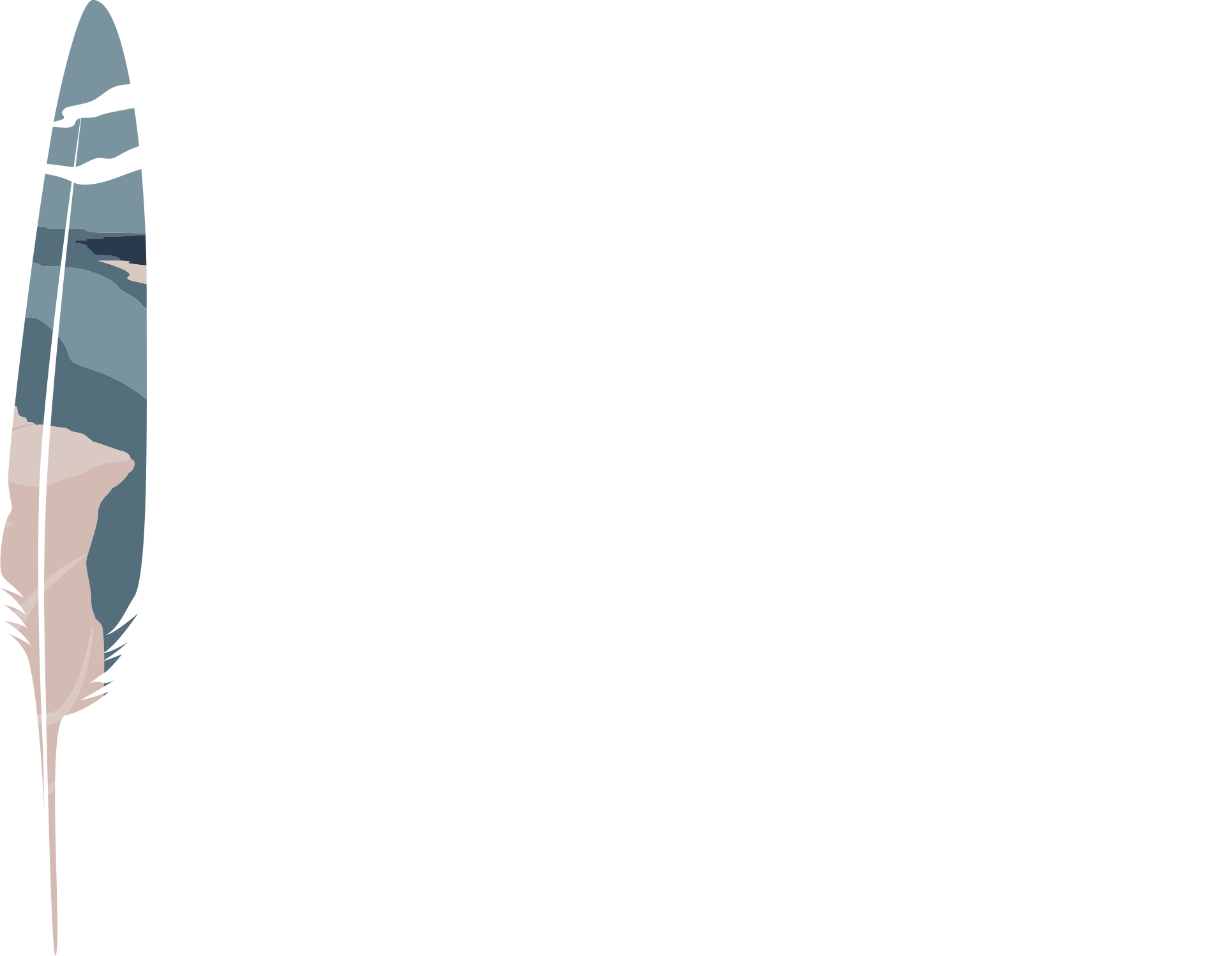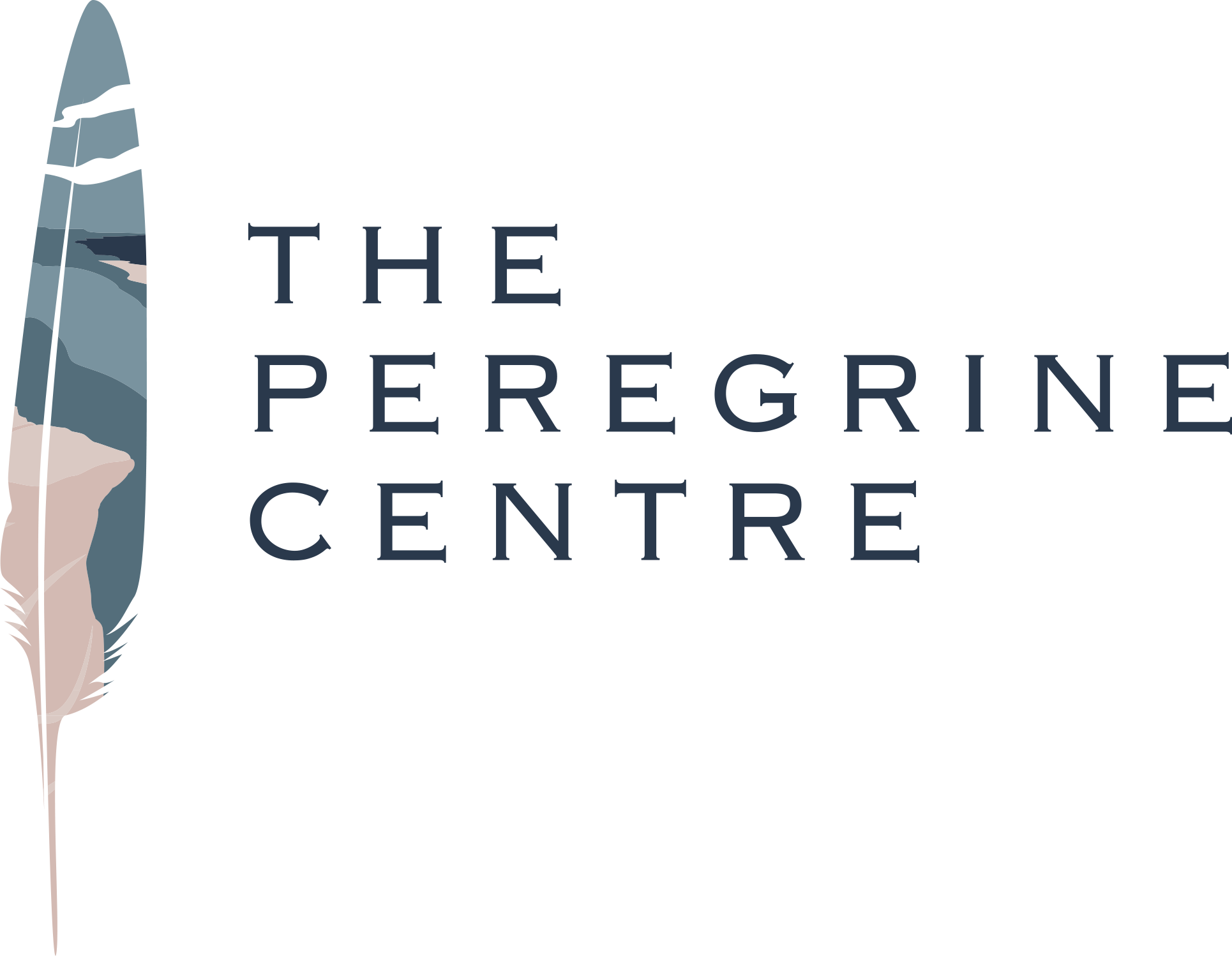
Small Grant Recipients for 2023-2024 Announced!
As part of the NSW Health Rural Mental Health Partnership, The Peregrine Centre is very proud to announce the wonderful recipients of the 2023-2024 Small Project Grants. We received applications for over $1.3 million in funding and so were not able to fund all projects, but we are very confident that the five successful applicants represent high-quality research, in line with the research priorities set by the rural LHD Directors, with enormous potential to significantly impact rural mental health practice in NSW. The selection panel would like to sincerely thank all the applicants who put so much effort into their submissions. We will be opening another funding round in November 2023, so we encourage potential applicants to reach out to us and discuss your project early with our Local Project Officer (LPO)in your area. We are very keen to support a wide cross section of implementation focused research.
Find our LPOs here.
Embedding and extending the RFW Paediatric Development Program’s Psychiatry Only Pathway pilot

Recipients: Josephine Anderson & Claire Jennings
Area of Study: Murrumbidgee
The Royal Far West Paediatric Development Program (PDP) receives several referrals each year from Paediatricians seeking a second opinion from a child and adolescent psychiatrist regarding medications and psychosocial interventions for their clients with escalating behaviours despite a variety of pharmacological interventions. These clients are often unable to attend the service face to face.
This research will evaluate the acceptability and feasibility of the Telecare Psychiatry Assessment Pathway for the key stakeholders, including what impact it has on children’s clinical outcomes and on local access and workforce.
We’ve Got your Back Evaluation: Mental Health Support for Remote Graziers.


Recipients: Robert Brooks (USyd), Vanessa Latham (RFDS) & Marisa Pickett (Lifeline)
Area of Study: Far West
The Royal Flying Doctor Service is one of the oldest remote area health services in the world. The Wellbeing Centre, based in Broken Hill, is a community-based initiative within the service. It delivers an entry level service focussed on psychosocial wellbeing. The “We’ve Got Your Back” program is aimed at remote graziers, a group with specific and complex needs and a substantial reticence to seeking help.
The project aim is to evaluate the program providing information for improving quality and supporting growth.
The Natural Disaster Resilience Project: Piloting a new intervention targeting natural disaster-exposed rural youth



Recipients: Suzanne Cosh (UNE), Daiva Newby (UNE), Alison Koschel (Hunter and Central Coast Primary Health Network)
Area: Murrumbidgee
The primary aim of this project is to assist rural young persons experiencing significant distress following exposure to a natural hazard, such as fire, drought and/or flood. Specifically, this project aims to pilot a novel mental health and resilience intervention for disaster-impacted young people (16-18 years) living in rural NSW.
Improving outcomes for patients with Functional Neurological Disorder in rural and regional Southern NSW: A randomised waitlist-controlled trial of a 6-week Multidisciplinary Cognitive Behavioural Therapy Telehealth Group intervention


Recipients: Samantha Broyd & Danielle Ferros
Area: Illawarra / Shoalhaven NSW
Functional Neurological Disorder, or FND, is a debilitating and pervasive mental health condition characterised by a collection of symptoms such as blackouts, paralysis, and abnormal movements that suggest the presence of an underlying neurological disorder (e.g., epilepsy or stroke). However, none of the symptoms are explained by disease. FND is often poorly managed within the health system, and the associated hospital costs are significantly higher than other similar conditions, with patients frequently presenting to emergency departments and more likely to be admitted to hospital. Nevertheless, despite the strong link between the duration of untreated symptoms and long-term disability, access to timely evidence-based treatment is limited and remains an unmet need for most individuals with FND in Australia. This is especially the case in rural areas.
The primary aim of the current study is to evaluate the effectiveness of a 6-week Multidisciplinary Cognitive Behavioural Therapy (CBT) Group intervention delivered via Telehealth in improving patient outcomes in a pragmatic randomised wait-list controlled trial for patients living with FND in rural, regional and remote areas of southern NSW. It is expected that the proposed intervention will reduce functional symptom frequency and severity, improve mental health and reduce negative illness beliefs, and importantly improve patient Quality of life.
Thriving Schools, Resilient Communities

Recipients: Corin Miller and Santuri Rungan
Area: Southern NSW
The aim of this pilot project is to evaluate an innovative school-based integrated care (SBIC) model of care for South-Eastern NSW’s children. By bringing multidisciplinary paediatric care into the school environment, we propose to address barriers to health care and improve health equity.
Eden is a small rural town classified by the Modified Monash Model as being level 5 of 7 (with 7 being very remote). The nearest city is 3.5 hours away by road, and the nearest major city is 7.5 hours by road. Eden lies within the second-lowest decile of socioeconomic disadvantage and was impacted heavily by the Black Summer bushfires of 2019-2020. The reduction in tourism due to the fires and the subsequent COVID-19 pandemic has compounded this disadvantage. Eden has minimal access to paediatric, psychologist and allied healthcare and has a chronic GP shortage. The current wait time for a child to be seen in the local Paediatric outpatient clinic for a child with mental health, learning or developmental problems is often up to 4 years. There is no alternative paediatric service in the region. Psychological care is often out of reach financially and requires travel. Alternate psychological services have long waiting lists, are only via telehealth or start from 12 years and up. A SBIC model of care has been established at Eden Marine High School to address the health and mental health needs of the 5-12 years, and the 12-18 years population of students in Eden.
It is expected that by bringing health care into the school environment we can improve access to medical and mental health care for rural children and youth. The broader goals of this work are to improve multisector collaborations between health and education across NSW so that care for children is better integrated. The evidence produced from the proposed evaluation will inform these goals so that the model of care can be scaled up to include other regional centres such as Bega, Cooma and Batemans Bay.

